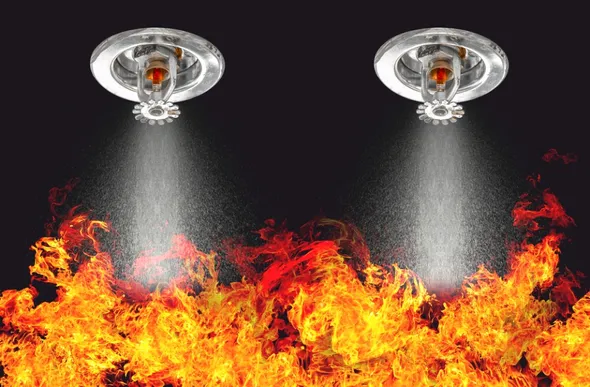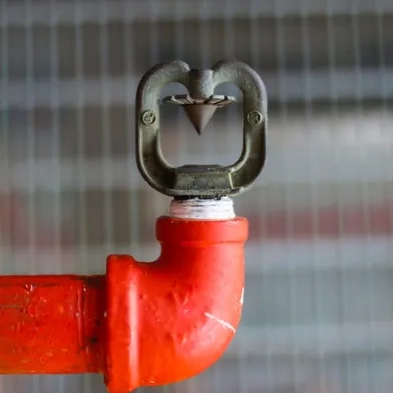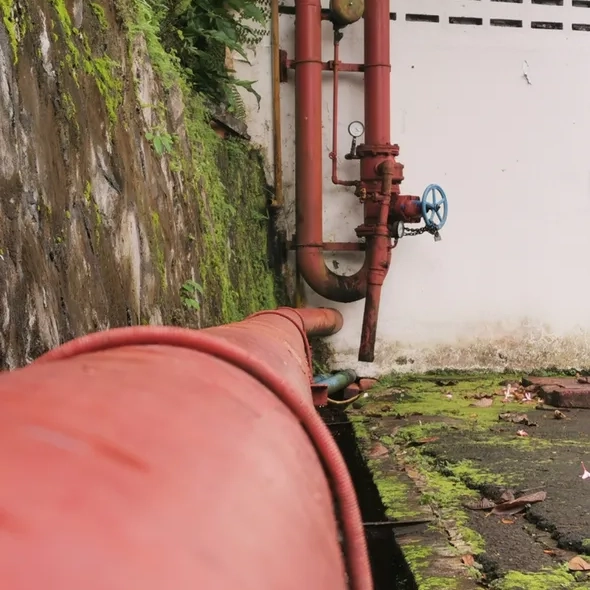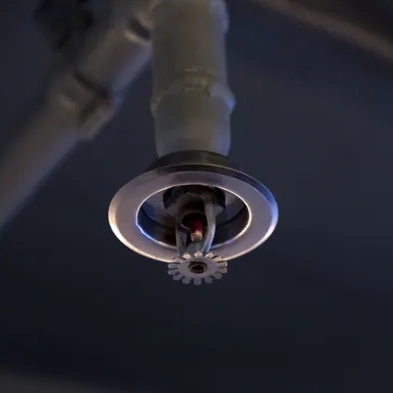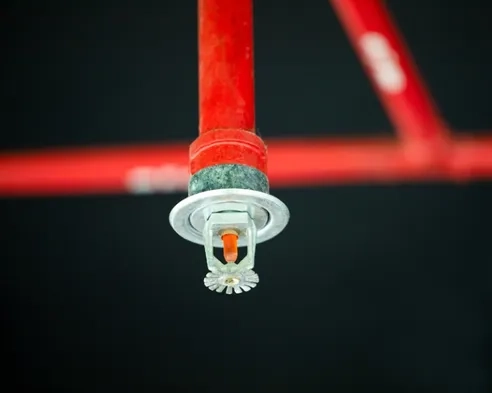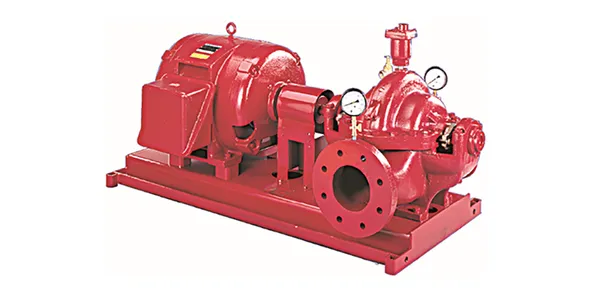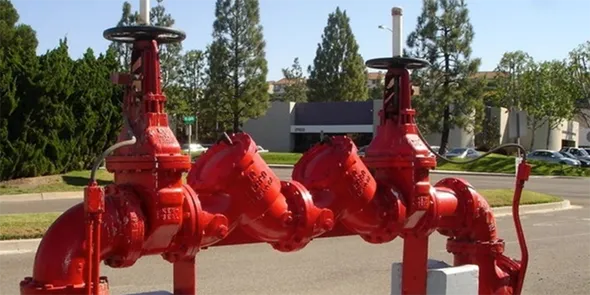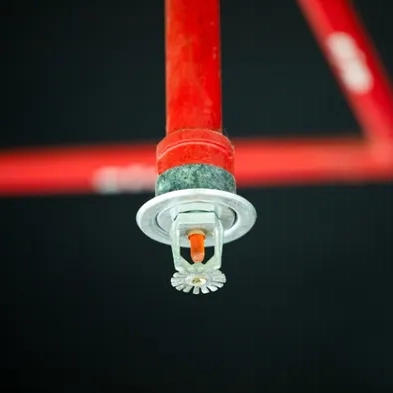
Prevention and safety
With preventative inspection and fire sprinkler system maintenance provided by our team, you can avoid costly repairs and unwanted business interruptions, and remain compliant with New Jersey safety regulations.
We offer testing and inspection, reduced labor for service calls, factory-certified technicians, and priority response for service calls. Your investment will be maintained by our highly trained and factory-certified technicians available around the clock.
Our expertise is second to none, and our customer service staff is supportive and will address your needs efficiently and productively, making sure an issue is resolved quickly.
Contact us to request an evaluation of your system. Find out how you can enjoy superb service and significant savings with J.T. Fire & Safety LLC.
